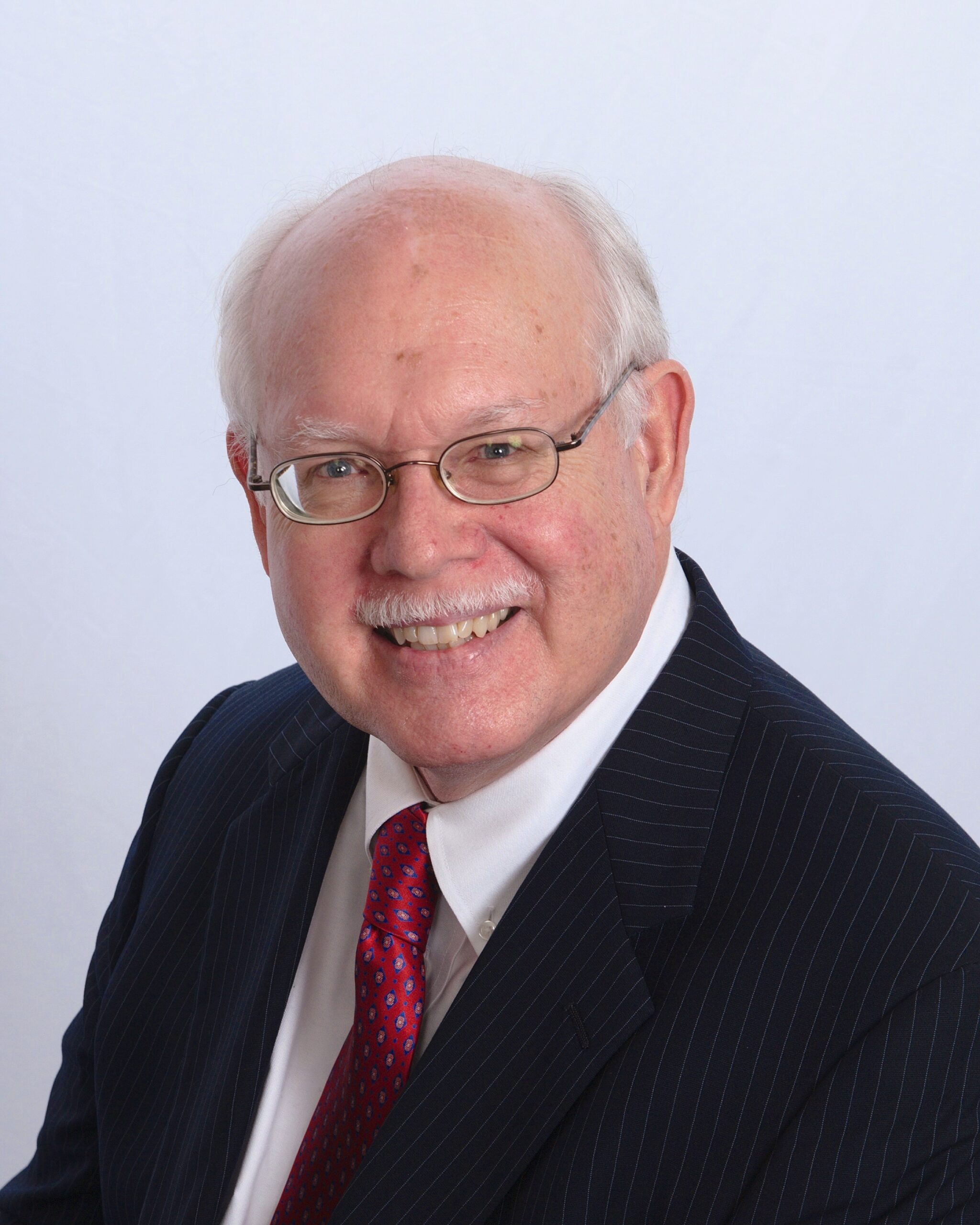The insurance claims industry is in a constant battle to prevent policyholders and the public from knowing all the bad faith actions insurers do to delay, deny, and underpay claims. Like any bad actor, secrecy of the wrongful action is a core component to prevent accountability. We noted this motive for secrecy in Trade Secrets: Dynamite Discovery Decisions, Part 11.
In his excellent blog, claims expert Dennis Wall has been writing about wrongful claims practices secrecy. He noted a recent case1 where Oklahoma policyholders successfully obtained standing to challenge the secrecy of key documents and evidence of bad faith conduct in Trial Court Do Over For Sealed Documents In Insurance Bad Faith Case. He noted the importance of the case:
This ruling that nonparties to an insurance bad faith lawsuit have standing to assert public access to materials involved in that lawsuit is potentially important to other insurance bad faith lawsuits in other jurisdictions in which trial courts have entered protective orders barring disclosure of such materials in similar cases.
…
Like the Newbys, nonparties to bad faith litigation in other jurisdictions may win the battle but lose the war of public access, so to speak — but the potential exists for public access to documents filed in public court files in every case, and so it existed here. Most importantly for other litigation, nonparties have standing to sue to require public access in insurance bad faith litigation if this decision is followed elsewhere in that regard.
The circumstances surrounding these acts led to a $25m settlement with the State of Oklahoma, as noted in Hot off the Press: Farmers to Pay Oklahoma Policyholders $25 Million for Earthquake Claims. Discovery in an insurance bad faith case is often a game “hide the evidence” by the insurance company trying to prevent turning over the incriminating evidence. If it were a criminal case rather than a civil matter, it would be called “obstruction of justice.”
Thought For The Day
The greatest evils in the world will not be carried out by men with guns, but by men in suits sitting behind desks.
—Hannah Arendt
1 Good v. Farmers Ins. Co., 536 P.3d 961, 2023 WL 5951464 (Okla. Civ. App. Feb. 15, 2023).





